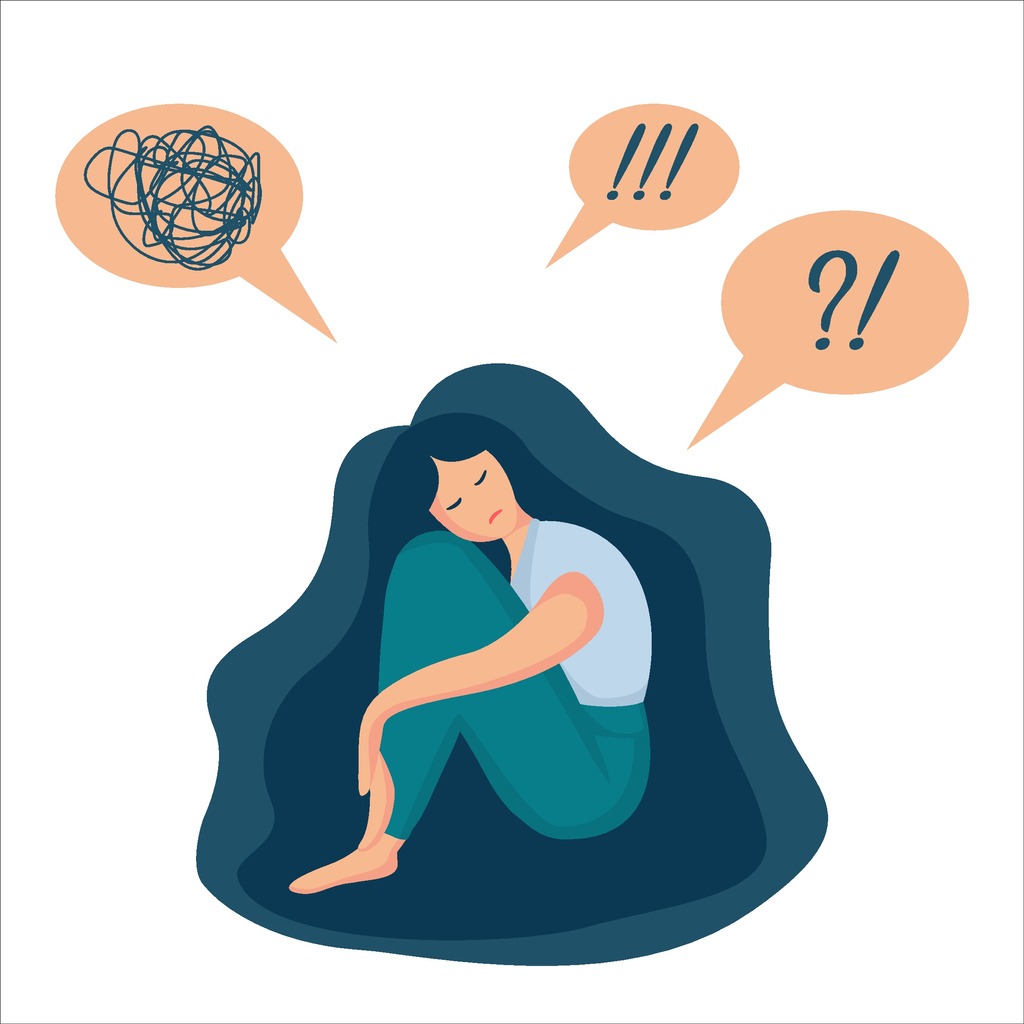Wow…can you believe it has been 11 days since our presidential nominee was finalized? Feels like months ago! This election cycle has been a historically stressful one with a nail-biting finish. Throughout the past couple of weeks, people on both sides of the political spectrum were losing countless hours of sleep from election stress, and it is natural for us to have our brains and bodes hijacked this way. Uncertainty definitely produces anxiety, and what was different about this year was that the winner was not announced 24 hours after the polls closed, hence the anxiety was prolonged. We endured an agonizing 4 days of consistently checking our phones for the latest updates on the electoral college. That kind of uncertainty is natural to induce stress and keep us tossing and turning throughout the night. Device tracker Oura calculated that from the “tens of thousands” of users there was a total of 138,833,045 hours of sleep loss on election night. We were ALL emotionally drained. Although the election may be over, stress from 2020 may still be keeping us up at night. Sleep is a crucial tool for our bodies, it is a time to consolidate memories, cleanse the brain, and recharge ourselves.
How does sleep loss affect our bodies?
Lack of sleep physiologically affects our bodies in many ways, such as high blood pressure, diabetes, and heart disease. Arguably, sleep is the most important healthy behavior for the brain and body. Although it may feel like we are shutting off our brain when we close our eyes, it is actually the contrary. The brain is constantly running like a well-oiled machine. Sleep helps with memory consolidation. REM sleep is predicted to be important for storing and strengthening both emotional and procedural memories. An inconsistent sleep schedule can reduce our cognitive sharpness. One of the most major functions of sleep is to clear our neurotoxins thanks to the glymphatic system. The glymphatic system is similar to our body’s lymphatic system, it serves as the waste management system for the brain: the brain has its own sweeper cleaner! The glymphatic system is activated during sleep with the cerebral spinal fluid (CSF) being the hidden MVP. The CSF is responsible for carrying the waste out of our brain. Lack of sleep does not allow the glymphatic system to clear out the neurotoxins which can result in toxic build-ups like B-amyloid proteins, which are found in Dementia, Huntington’s, and Parkinson’s.
What can we do to increase our sleep?
There are many integrative tips that we can incorporate to help our brain relax and prepare for a night of well-rest. Once we curate a healthy sleep schedule we can see many positive changes in our lives including an increase in alertness and optimal performance.
1. Put away phones at least an hour before bedtime
Our brains naturally produce melatonin to help us fall asleep and stay asleep. Blue light emission from our phone screens can suppress melatonin release. When your body is unable to produce melatonin, you may experience insomnia or irregular sleep. Turning off electronics an hour before bedtime helps our eyes rest and prepare our brains to rest.
2. Read a book
Bouncing off of putting our phones away, reading a book before bedtime can similarly prepare our minds to rest. When reading a book, you are distracting your brain from daily stresses and giving your mind the opportunity to travel somewhere else. Reading also calms muscle tension in the body allowing you to better relax.
3. Reduce daytime naps
Long periods of daytime napping can interfere with our body’s nighttime sleep schedule. However, if you need to nap, limit yourself to 20 min naps and avoid doing so late in the afternoon.
4. Set a sleep schedule
Being consistent with your sleep schedule helps your body maintain quality long-term sleep. Other studies have pointed out that irregular sleep patterns can affect your levels of melatonin produced.
5. Neurofeedback
Neurofeedback changes the electrical input of your brain through recording brain wave activity and the individual observes the electrical impulses through visual, auditory, or tactile output. This teaches your brain to self-regulate. Neurofeedback can help increase overall sleep time and REM sleep. Neurofeedback works in the areas of the brain that regulate sleep, brain training through neurofeedback can allow people to get the rest they deserve!
Although the election may have increased stress-induced insomnia, it is never too late for us to take back control! Our sleep schedule influences our brain health and can help better navigate our day to day life.
At Healthy Within, we are committed to supporting the emotional health of our community. Healthy Within is an integrative brain health center, experienced in helping people re-engage in their wholeness and wellness. We help clients with anxiety, ADHD, PTSD, depression, concussions, OCD, stroke, dementia, and more with neurofeedback.
Contact us for more information about how we can help you get your mind back to functioning at its calm, confident self.

